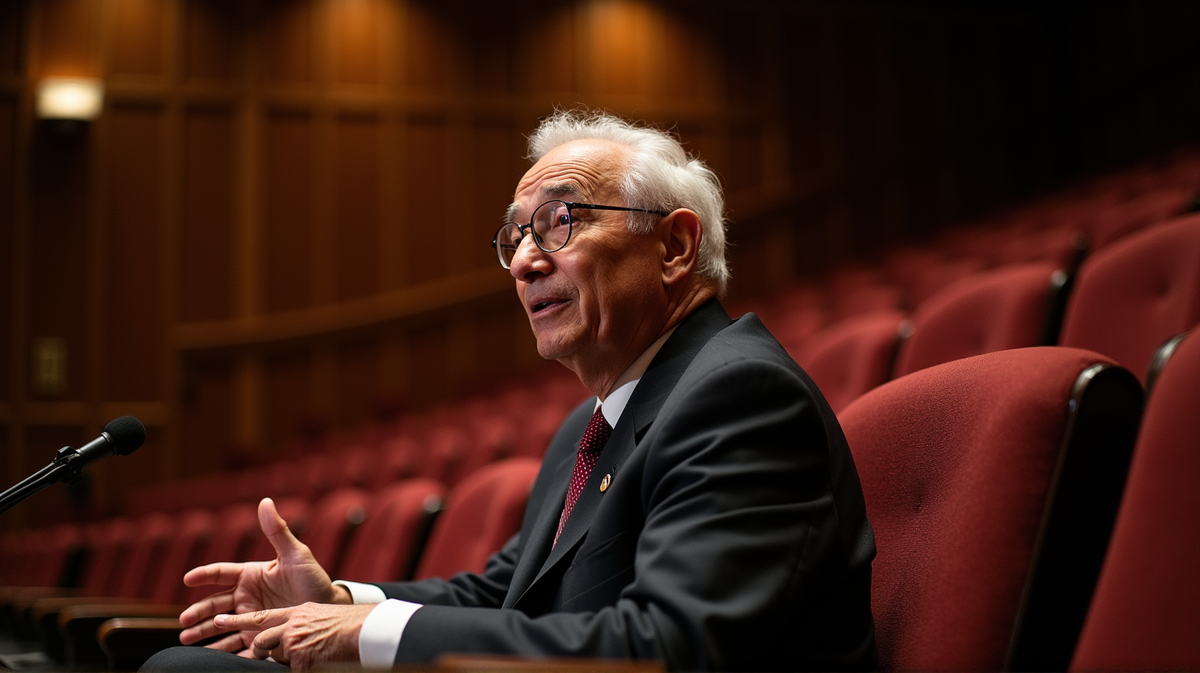Phil Gramm Candidly Challenges Trump's Economic Strategies
Former Senator Phil Gramm criticizes Trump’s economic policies at Harvard, emphasizing risks of government equity in private firms.

In a compelling discussion at the Harvard Kennedy School, former U.S. Senator Phil Gramm did not hold back in his critique of the Trump administration’s economic policies. According to The Harvard Crimson, this event was a meeting of minds, featuring former Harvard President Lawrence H. Summers, who facilitated a probing dialogue on the controversial topic.
Ownership and Corruption Risks
Gramm’s sharp critique centered on the Trump administration’s decision to acquire equity stakes in private companies like Intel. He expressed concerns that such government interventions could lead to favoritism and corruption, akin to opening Pandora’s box.
“Even if your intentions are good…it’s going to be used over and over and over again,” Gramm cautioned.
Scrutinizing Economic Inequality
Diving into a discussion on inequality, Gramm highlighted what he perceives as flaws in official statistics. He argued that poverty and inequality figures may be distorted, with substantial benefits and tax credits often left out of the equation. This assertion was punctuated by a debate with Summers, who challenged Gramm’s views by referencing the wealth accumulation of figures like Warren Buffett.
The Role of Billionaires in Society
Gramm controversially downplayed economic inequality, positing that figures such as Elon Musk contribute positively to the broader public, thereby mitigating the perceived negative impacts of wealth disparity.
“So he’s rich, but I am richer as a result,” Gramm confidently stated, sparking further debate on the propriety of massive wealth disparity.
Conclusive Stands on Economic Policy
Gramm and Summers found common ground in their opposition to Trump’s economic approach. Summers highlighted the threat posed by interventionist policies, while Gramm emphasized the importance of maintaining economic freedom.
“Economic freedom has been the engine of progress… If the government can threaten my livelihood, I’m not free,” Gramm concluded, underlining his philosophy on governance.
These discussions at the Harvard event underscore ongoing tensions and conversations surrounding U.S. economic policy, spotlighting differing philosophies on governance and economic freedom.





